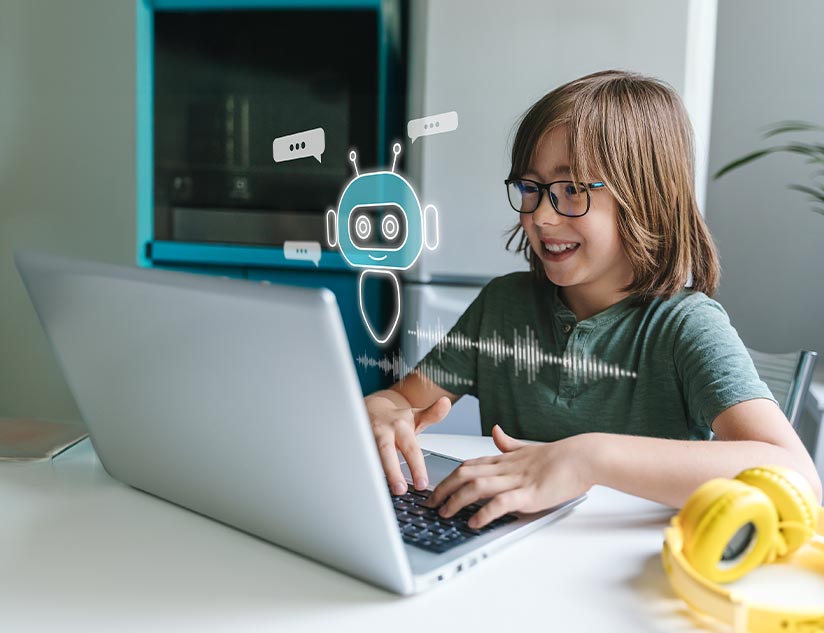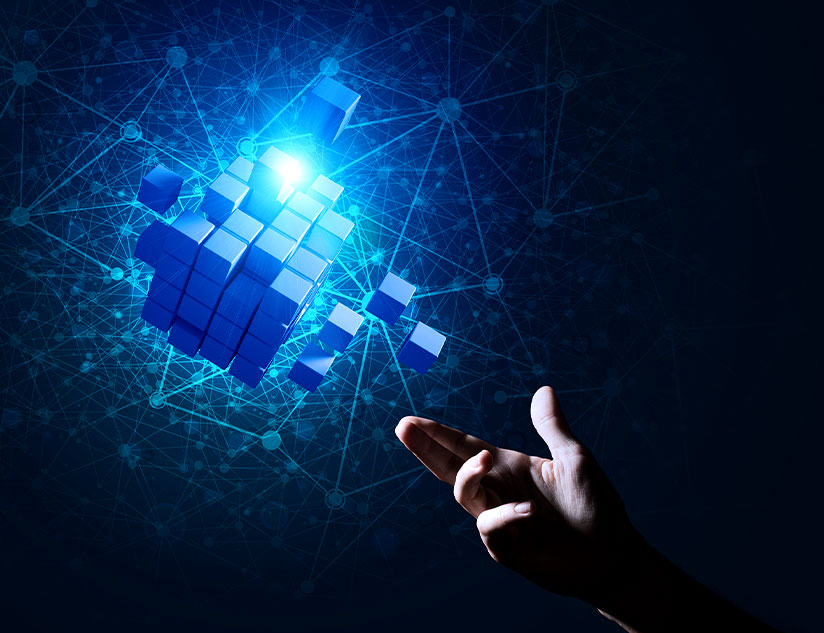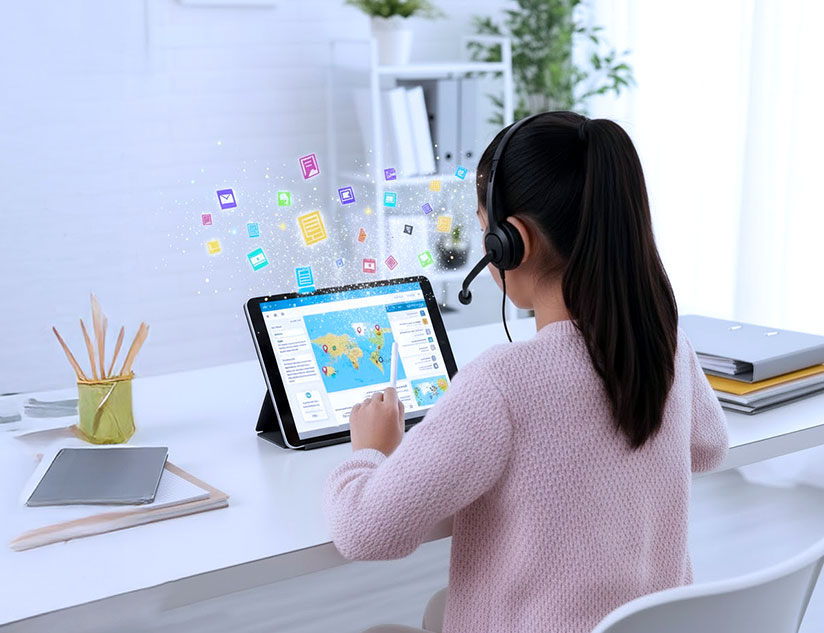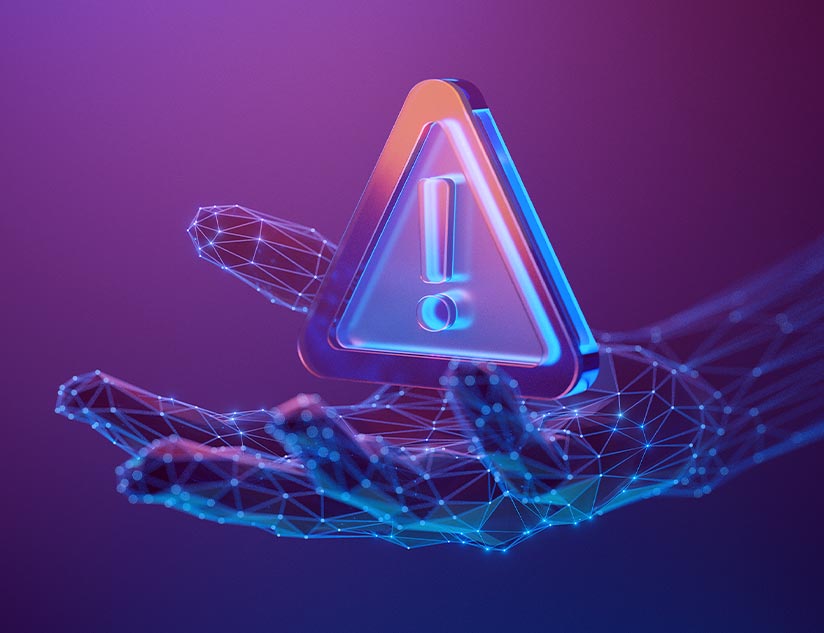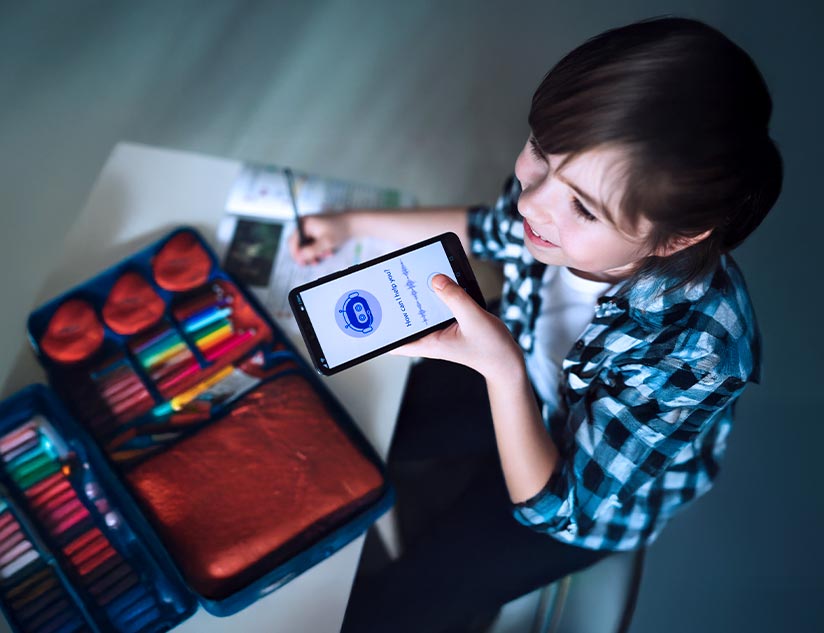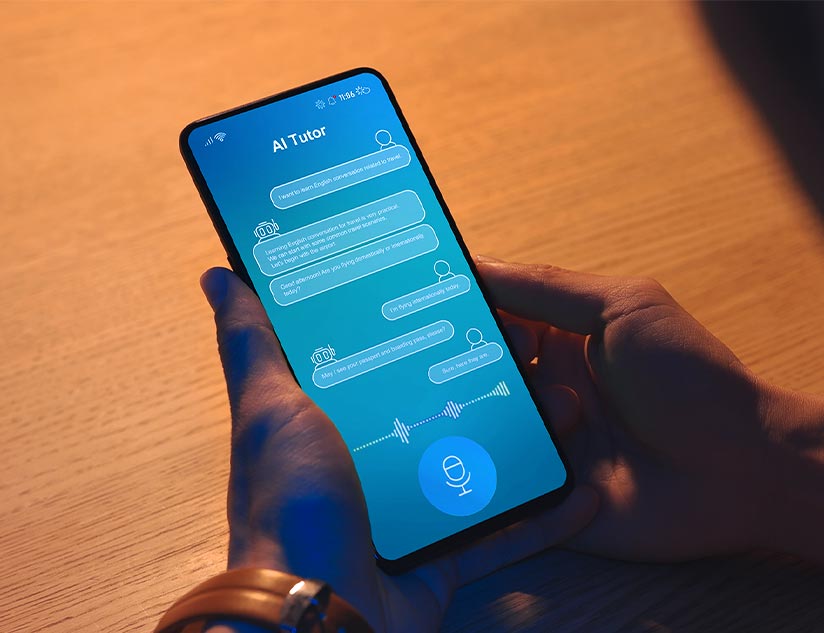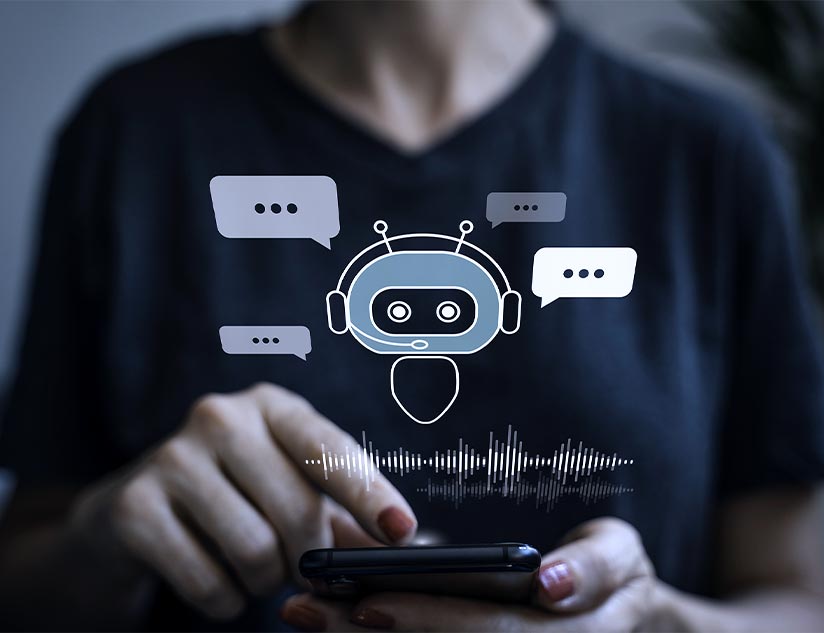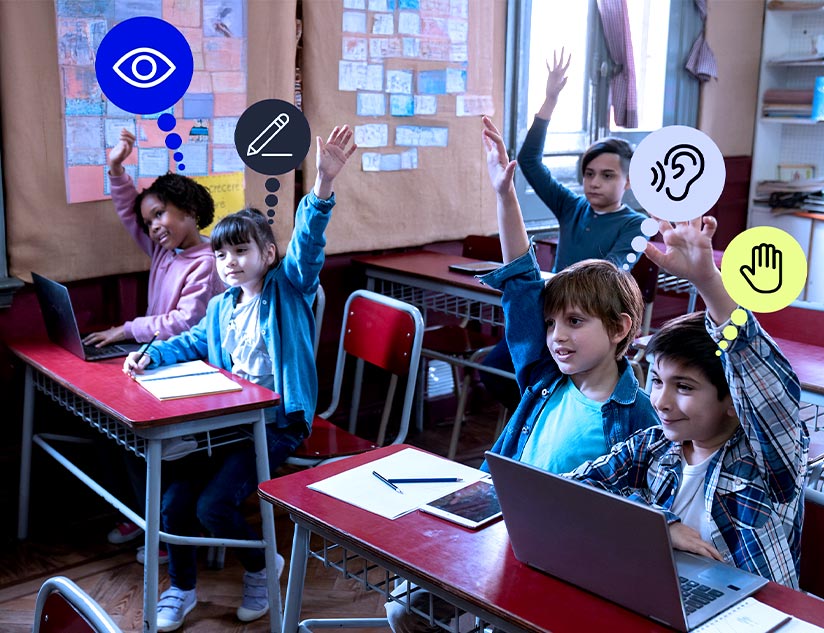Personalized learning with AI chatbots enables real-time adjustment of the instructional approach and tailoring of content to learners’ unique needs and preferences. It is a yet-to-be-optimized student-centric approach to learning. This new approach allows students to set the pace and style of education delivery for enhanced knowledge assimilation and retention.
Tech-enabled personalized learning has improved learning outcomes, says a recent UNICEF report. This holds true especially for low-achieving students. The explosion of data-driven technologies has facilitated inclusive and equitable learning opportunities for all. Technological advancements, such as AI bots, complement digital pedagogy while transforming it into a learner-centric paradigm.
AI Enabling Personalized Asynchronous Learning
AI-powered analytics assess individual learning levels and needs. The insights are combined with adaptive learning technologies to dynamically adjust learning goals, speed, content access methods, and activities according to the learner. This improves engagement and promotes autonomy among learners, which helps enhance learning outcomes. Additionally, personalization adds flexibility and fosters a life-long learning mindset.
Chatbots as Personalized Learning Partners
Research shows that AI-powered chatbots increase learners’ interest in education and self-driven learning. A study on higher education also showed improved performance among students who interacted with AI chatbots instead of course instructors. This was due to 24×7 availability, which eliminated delays in interaction and furnished instant feedback, improving learner satisfaction in each session.
Chatbots interact with students, leveraging conversational AI, NLP, and ML capabilities to offer realistic conversations to answer questions, recommend learning materials, suggest reinforcement learning modules and tools, and assess student responses to questions. They track student data and progress to offer personalized support, tutoring, and a satisfying learning experience.
AI-learning bots make the learning environment more interesting and attractive for students and eliminate the need for teachers to complete repetitive and elementary tasks. These bots can also provide alerts and reminders for students and teachers for their tasks, scheduled meetings or activities, and achievement of milestones. Another less-studied advantage of chatbots is that by providing consistent reassurance and eliciting student input for their educational needs, they instill self-advocacy skills among learners, making them confident and independent. All these benefits translate to higher adoption rates for the publisher.
Further, AI models use learner and learning material metrics to help improve learning content, align it with learning goals, and improve achievement. They also help in adapting education methodologies according to context and demography. Plus, AI chatbots can help enhance teacher efficiency and productivity.
In corporate learning environments, these chatbots align learning to job roles and specific skill requirements, and define unique learning paths for employees to bridge skill gaps.
Applications of AI Chatbots in Education
Education is among the top 5 industries that benefit from chatbots. This is because AI chatbots in Education are transforming the entire breadth of educational activities via multiple applications, such as:
- Personalized virtual tutoring
- Increasing student engagement
- Assisting teachers in content development
- Supporting slow learners
- Data collection and API support
- Assisting in autonomous homework and evaluations
- Performing mechanical administrative tasks
- Engaging alumni
Challenges in Adopting AI-chatbots as Learning Assistants
The most prominent concern among educators and parents is the unethical use of learner data and misuse of chatbots by criminal elements and mischievous learners. Adopting industry standards and ensuring compliance with web access, technology, and education regulations can effectively address these concerns.
Another bottleneck in adopting this technology is deficiencies in teacher training to guide students to effectively use AI chatbots during learning and inculcate the habit of digital interactions for query resolution.
Lastly, the lack of technical expertise to integrate modern technology with legacy learning systems while ensuring data migration, minimizing loss, and continued operations are essential.
The most effective way to address these challenges for educational institutions and edtech companies is to partner with experienced and proficient learning technology providers. They ensure compliance, expedite technology integration and transformation, and facilitate training for smooth transition. Micro-learning, instant messaging, and gamification are common approaches to augment LMSs with chatbots.
The Future of Tech-Enabled Education
With the evolution of edtech and global focus on DEI, fostering engaging learning experiences is key to enhanced learning outcome achievement. Personalization combined with gamification and flexible learning models are expected to drive the achievement of the SDG4 and “education for all” initiatives. Customizing learning experiences with AI-powered analytics for learner pattern assessment, strengths and weakness identification, and customizing delivery will facilitate self-driven learning, instilling motivation and ownership among learners. Employing chatbots for extracurricular activities may significantly transform the entire learning ecosystem. In the future, it might even be able to use student data to suggest careers.
AI-powered learning assistant offered by MagicBox™ is equipped with analytic and adaptive technologies to create unique learner journeys and provide 24×7 support dynamically. It facilitates content discovery according to learner queries, using NLP, and transforms the delivery of responses according to the learner analysis. The learning assistant is accompanied by a grading assistant to facilitate the real-time evaluation of long-form answers to provide learners with immediate feedback. Schedule a demo with the experts to learn how you can harness the power of artificial intelligence.

